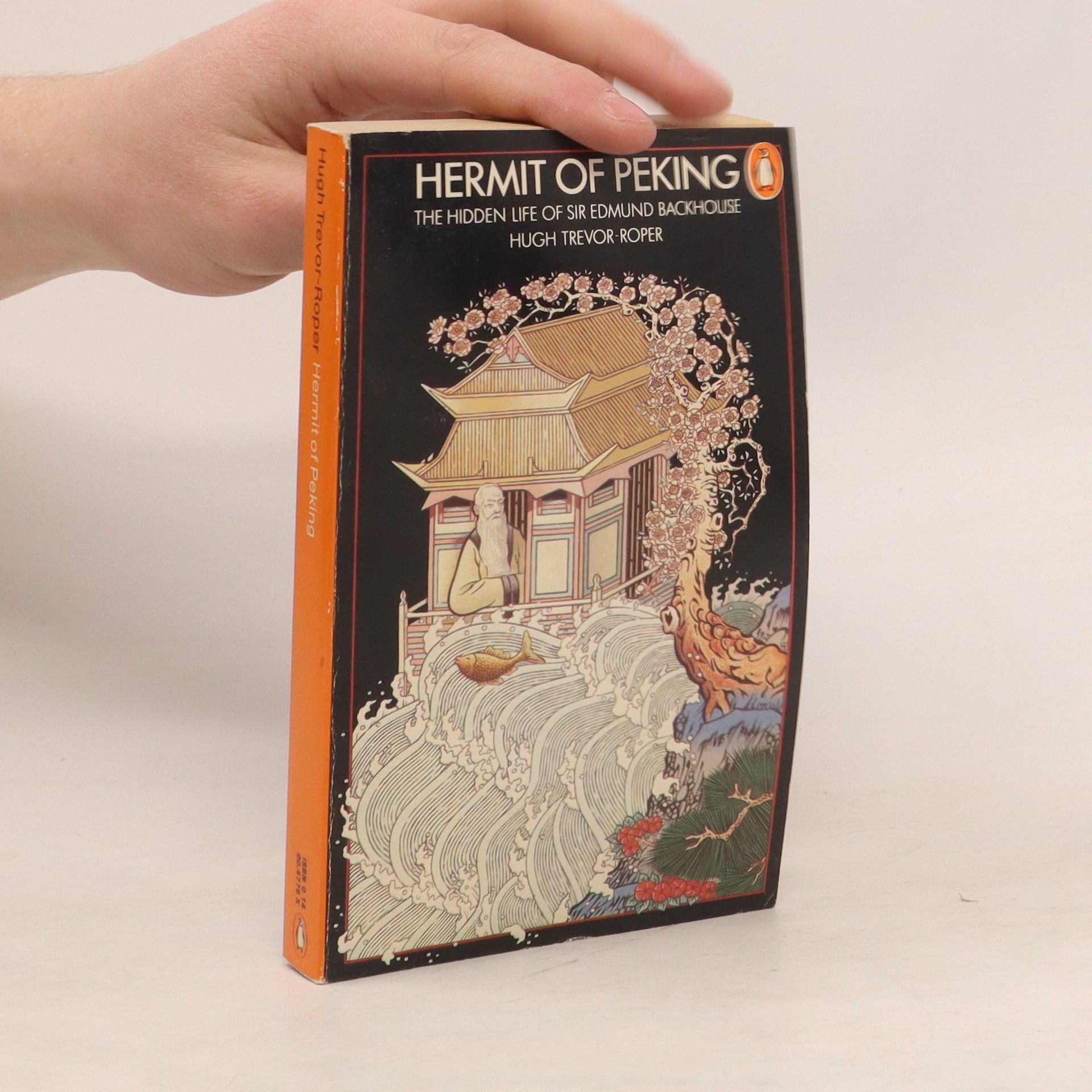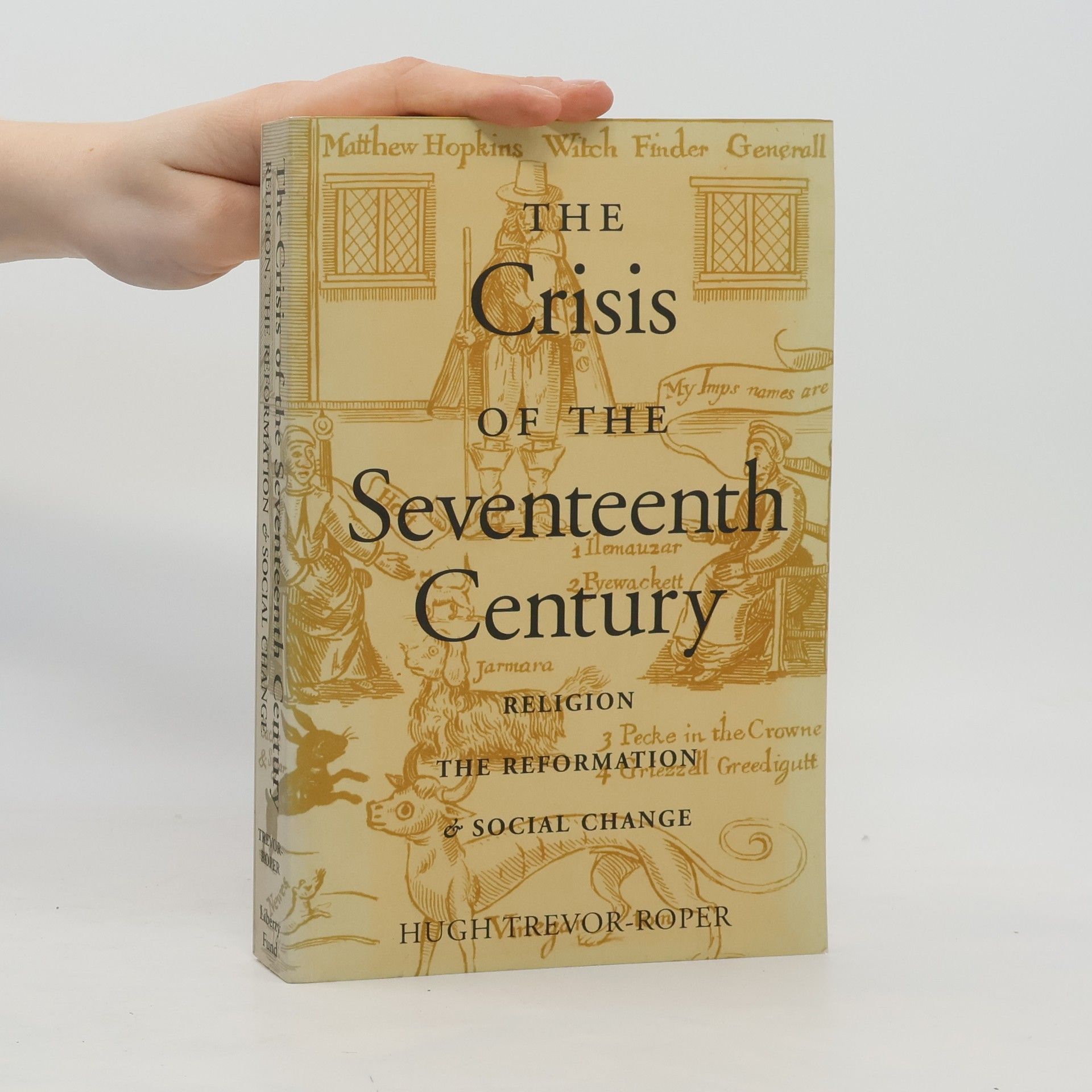The Secret World
- 320 pages
- 12 hours of reading
During World War II, Britain enjoyed spectacular success in the secret war between hostile intelligence services, enabling a substantial and successful expansion of British counter-espionage. Hugh Trevor-Roper's experiences working for the Secret Intelligence Service (MI6) during the war had a profound impact on him and he later observed the world of intelligence with particular sharpness. To him, the subjects of wartime espionage and the complex espionage networks that developed in the Cold War period were as worthy of profound investigation and reflection as events from the more distant past. Expressing his observations through some of his most ironic and entertaining correspondence, articles and reviews, Trevor-Roper wrote vividly about some of the greatest intelligence characters of the age - from Kim Philby and Michael Straight to the Germans Admiral Canaris and Otto John. Including some previously unpublished material, this book is a sharp, revealing and personal first-hand account of the intelligence world in World War II and the Cold War.









